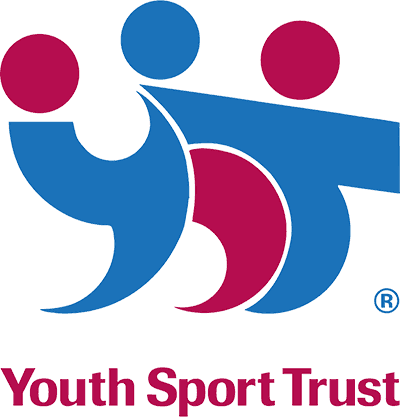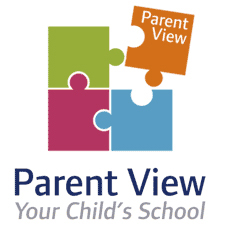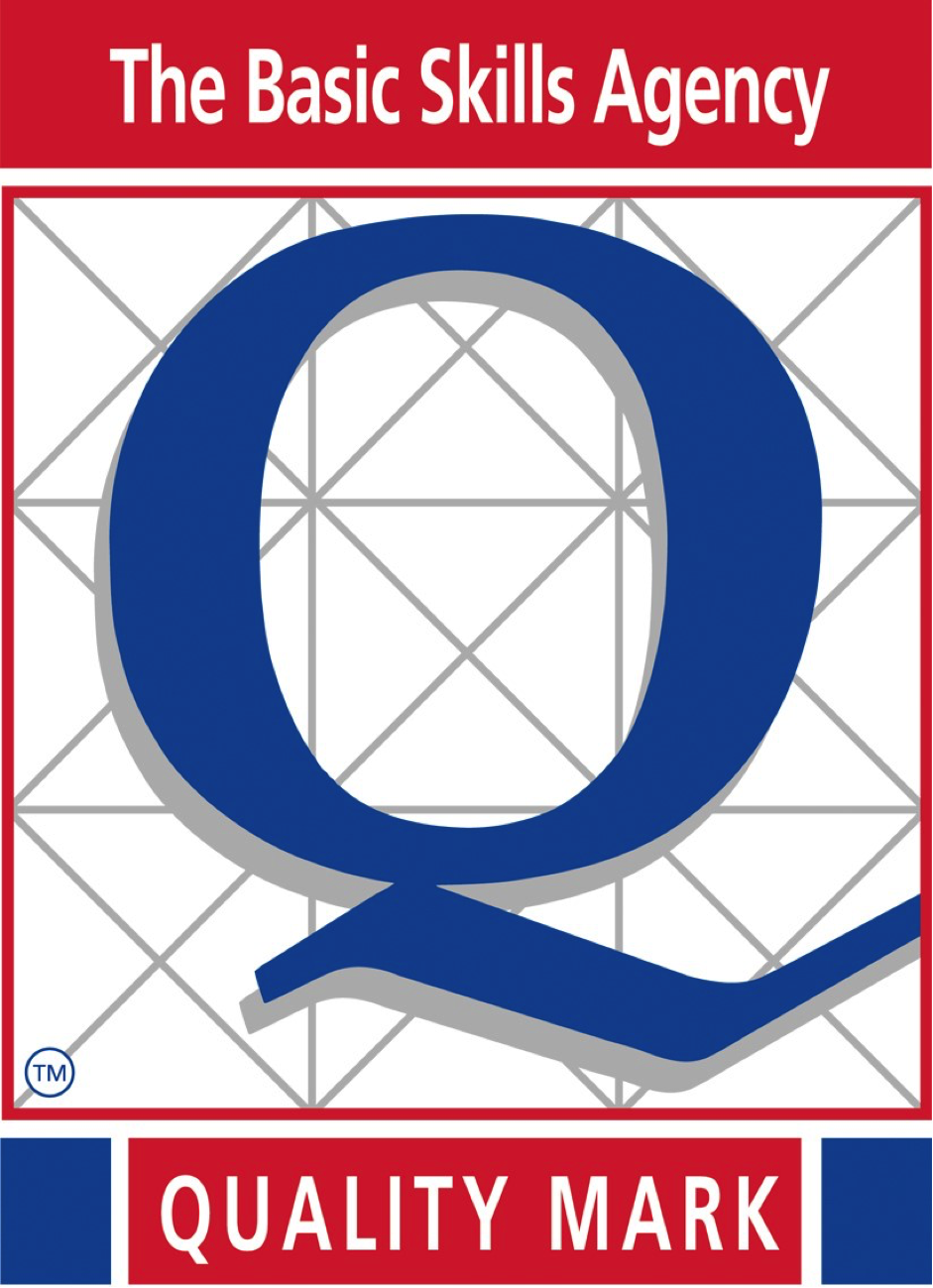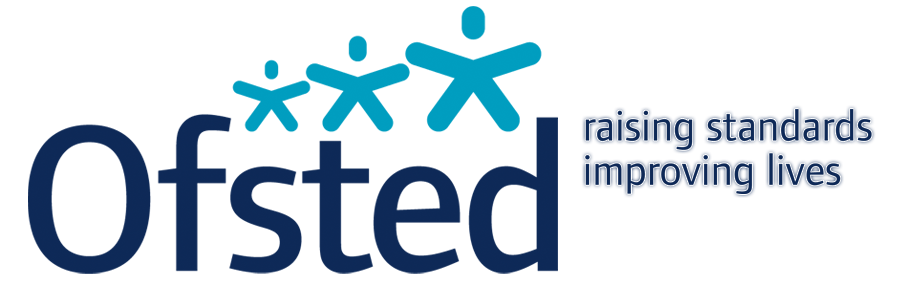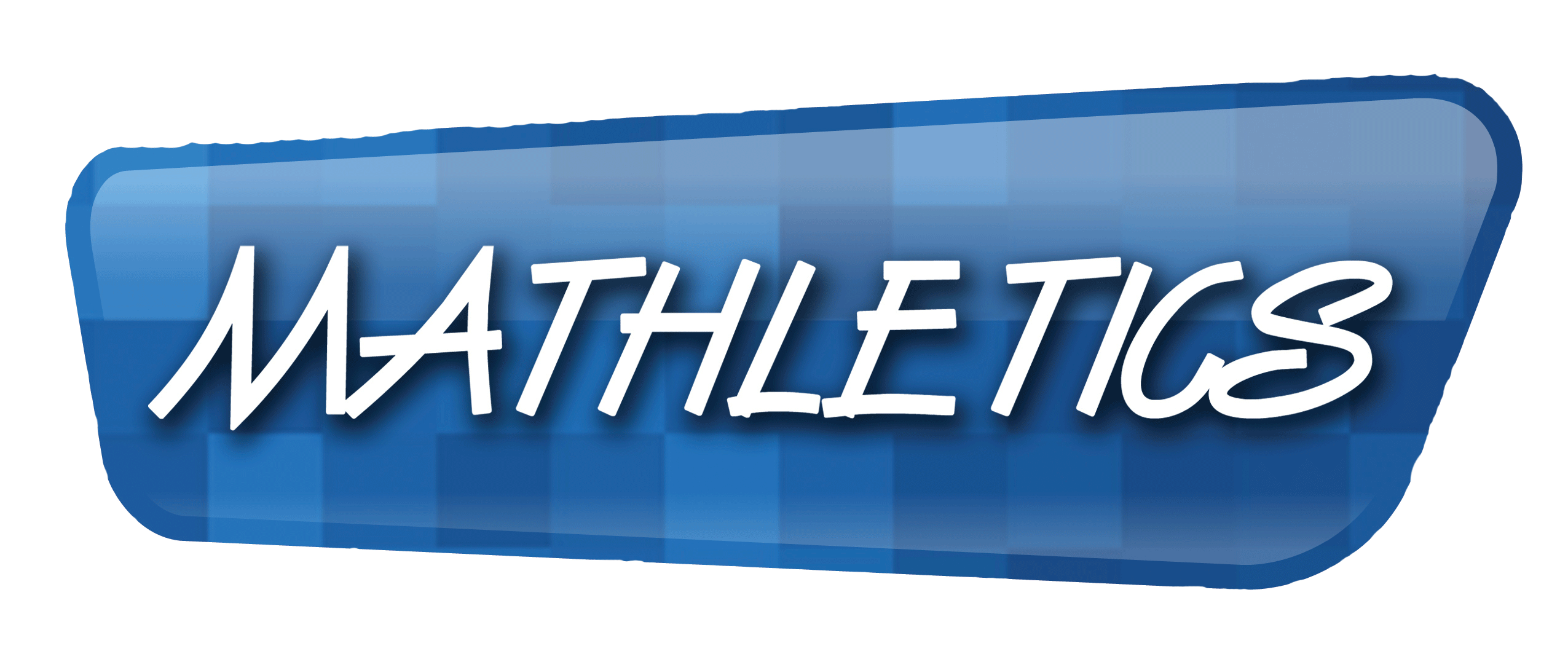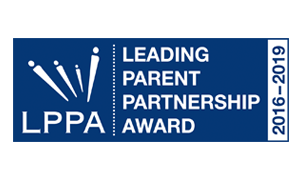Reading
Viewley Hill Reading Progression Document
Viewley Hill Approach to Reading Comprehension
Our Aims
It is our aim at Viewley Hill Academy to develop children’s reading skills in order to provide them with life skills and to promote reading for pleasure and enjoyment. We believe that reading can open doors and give our pupils life chances through improved language and vocabulary skills and stimulated imaginations and curiosity. We aim to provide our children with a high quality reading curriculum that spans all genres so that upon leaving primary education all pupils are able to read fluently with understanding and confidence and have the skills to be good independent learners in the next stage of the educational journey. The ways in which we meet this aim are through a carefully planned and progressive curriculum, access to high quality texts, book fairs, celebration of reading days, book clubs, birthday books and half termly recommended reads.
Our Approach
- Being exposed to ‘good reading’ – there is an expectation that every teacher reads to their class daily. In addition to specific teaching of reading skills, pupils are given opportunities to further develop and refine their reading outside of their English lessons. Pupils have access to a wide range of appropriate reading material, including fiction, non-fiction, poetry and play-scripts, with a class library in each teaching room along with a school library and through a wide range of IT programs and resources. A variety of reading scheme materials and ‘real books’ are used to support the children’s reading development, including Oxford Reading Tree, Collins Big Cat, Phonics Bug and Project X.
- Having sound phonological awareness – In our youngest children, the systematic teaching of synthetic phonics, following the Little Wandle programme, enables them to learn the phonetic code and to apply understanding of letter sounds with the corresponding letter shapes (graphemes). Phonics teaching is a daily part of English throughout EYFS and KS1, and is used to support children throughout KS2 who may require additional support in securing these skills.
- Developing fluency and comprehension – All children across school are heard read at least once in a week. In EYFS and KS1 all children have Guided Reading to support decoding, fluency and comprehension. Additional support for comprehension takes the form of Guided Reading or Reciprocal Reading; this is decided is based upon the simple view of reading that each teacher completes to assess the learning needs of the children.
- Whole school understanding of the tools needed for comprehension – Skim- to find a section, Scan- to find a word, Close Reading – to answer a question. Please see our Sequence for Answering Comprehension Questions.
- Developing 3 core reading skills: to retrieve, to infer, to understand vocabulary – From Y2, reading comprehension is taught in reading skills lessons based on a quality text. These texts cover a wide range of genres and styles. Learning activities are based on the Reading Skills document and quality reading journal activities. .
Key Stage 1 and Key Stage 2 undertake Reading Skills lessons with the whole class three times a week following the Reading Skills document. For those children in reception, these skills are taught in guided reading sessions and during story sessions.
For those children who reach Key Stage 2 who are not able to read sufficiently to access the curriculum fully, they are supported with additional reading 1:1, phonics sessions and Reading Rocketeers for comprehension skills.
How do we know what the children need?
All children are assessed in their reading against the simple view of reading. This allows for focused teaching for those children in either independent or guided sessions.
Early Years Reading and Phonics
Below are resources and documents for early years reading. The phonics scheme used within school is called Little Wandle.
Useful Links for Phonics at Home
- Phonics Bloom: https://www.phonicsbloom.com/uk/game/list/phonics-games-phase-3
- Phonics Play: https://www.phonicsplay.co.uk/
- Top Marks: https://www.topmarks.co.uk/english-games/5-7-years/letters-and-sounds
- Letters & Sounds: https://letters-and-sounds.com/
- Alphablocks: https://www.bbc.co.uk/cbeebies/shows/alphablocks
- Teach your Monster to Read: https://www.teachyourmonster.org/
- Mr Thorne does Phonics (YouTube channel): https://www.youtube.com/channel/UC7sW4j8p7k9D_qRRMUsGqyw






